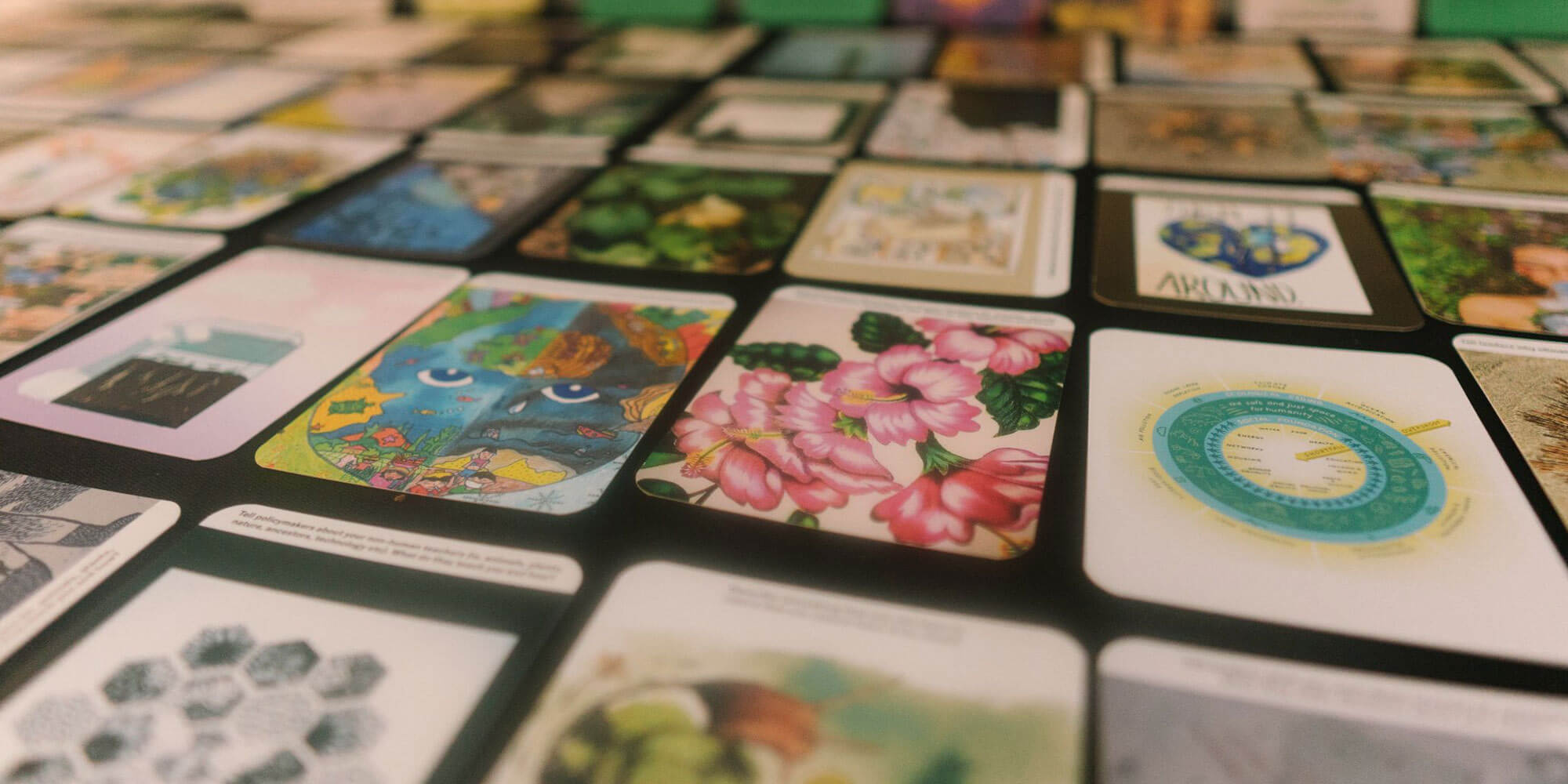As a platform for art, technology and society, Ars Electronica has always known how to build bridges between disciplines and industries. This task is not a burden, but an important enrichment and source of inspiration for Ars Electronica’s collaborative networks, which became more visible than ever during the pandemic. In 2020 and 2021, the festival became a decentralized event that took place simultaneously in 180 locations on all five continents. Together with our wonderful network of partners, we created a new blueprint of what a festival can be in the 21st century. This year, the “Ars Electronica Garden Partners” are invited to Linz, Austria, to contribute their ideas to the central festival program that takes place here. Our partners’ curatorial approaches correspond directly with the festival’s theme and the question “But how?” that runs as a thread through the program from its title. The Garten Partner exhibition is directly related to this year’s themed exhibition, which features perspectives from Auckland, Barcelona, and Bologna along with those from the Bahamas, New York, Seoul, Tokyo, and Utrecht.
Despite our focus on the physical festival in Linz and the transformation of the decentralized Ars Electronica Gardens into on-site partners, some parts and carefully curated programs will also take place online, so that partners and audiences outside Linz will also have the opportunity to participate. We’ll give you a sneak peek at this year’s program!
Ars Electroncia Garden Auckland / Wellington
Garden Aotearoa
Since 2020, the Ars Electronica Garden Aotearoa has been New Zealand’s contribution to the International Ars Electronica Festival. Presented by the arc/sec Lab at the University of Auckland (UoA) and the Digital Architecture Research Alliance (DARA) at Victoria University of Wellington (VUW), the program is diverse, ranging from cancer research applications to aesthetic visual art installations.
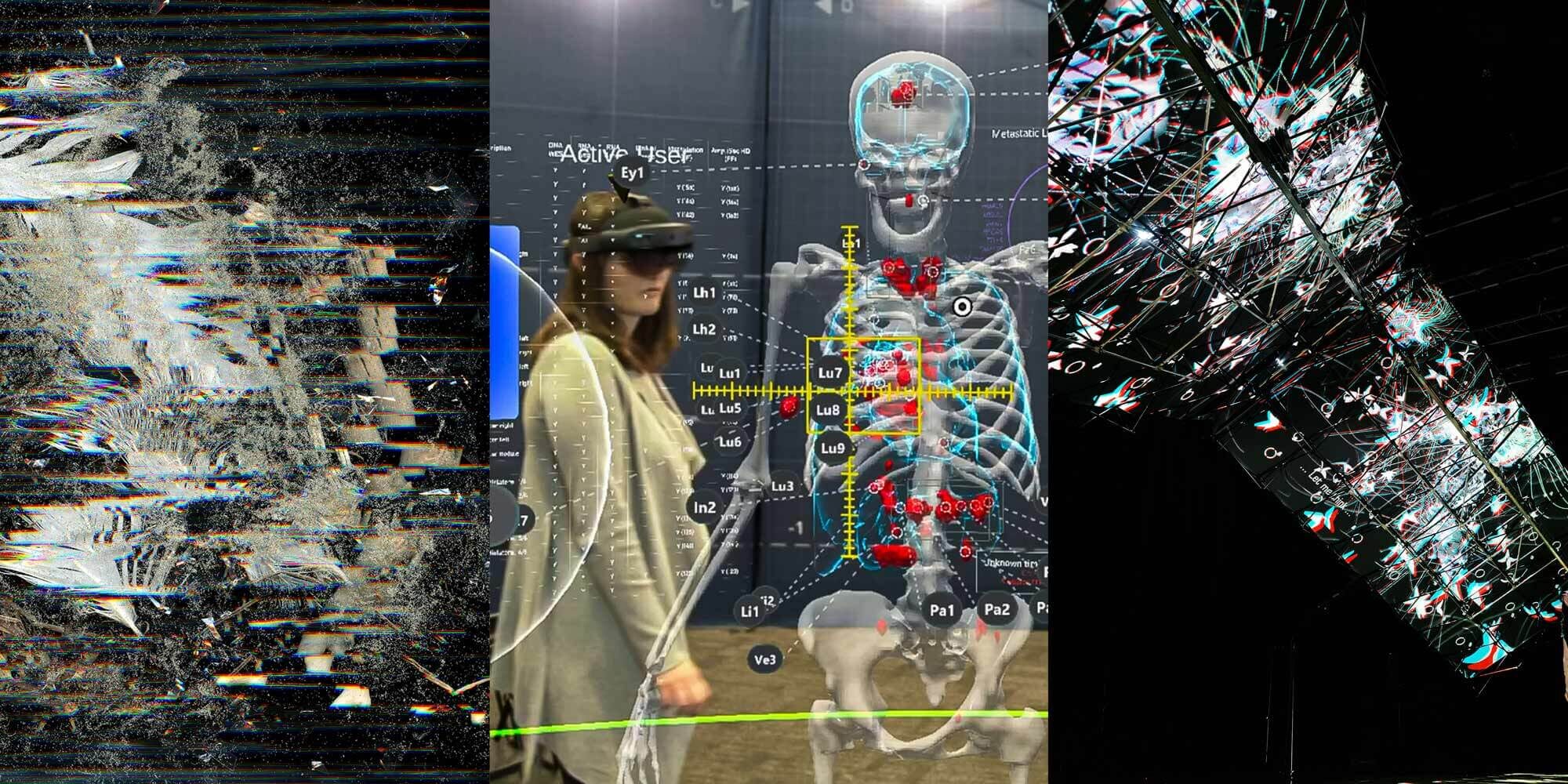
Ars Electronica Garden Bologna
And We Thought
What does it mean to be human? What is the difference between things and living beings? And We Thought reflects on these issues by establishing an intimate and collaborative relationship between the artist and a neural language model, Ai Lai, that was trained using a database of trip reports, a genre of diaristic literature focused on psychedelic experiences.
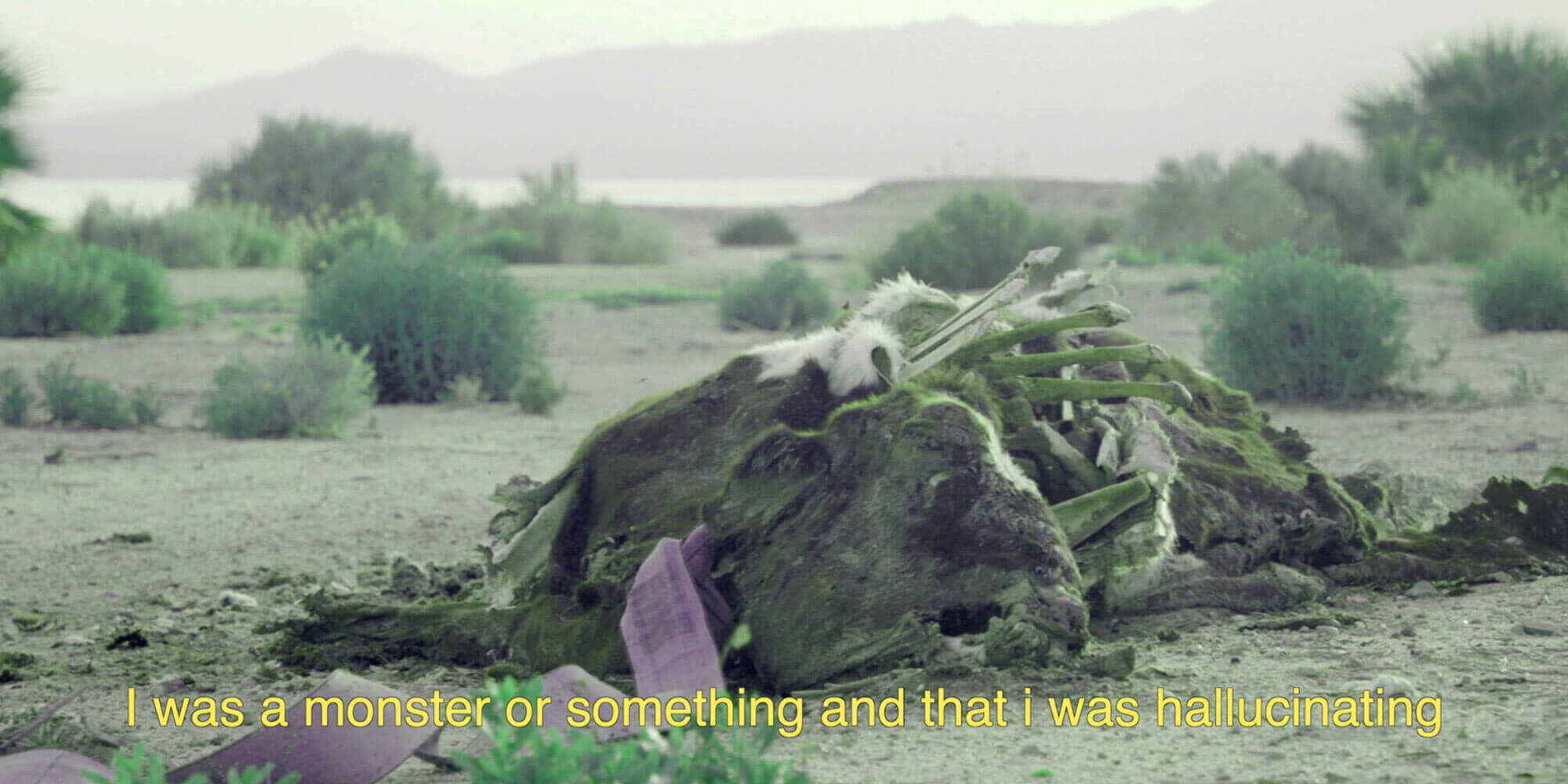
Coded Biophilia & Un Suono in Esitnzione
The themes of the projects Umanesimo Artificiale presents this year range from bio-design to marine ecology to sound art and creative coding, taking an experimental approach that explores the intersections between art, science, technology, biomaterials and critical thinking. Coded Biophilia – Hacking Marea is a project by Giulia Tomasello that explores marine biotechnologies and practices of circular fashion and DIY techniques. Un suono in estinzione is an experimental art and science research project that aims to observe the effects of climate change on Alpine glaciers through the exploration of endangered natural environments.
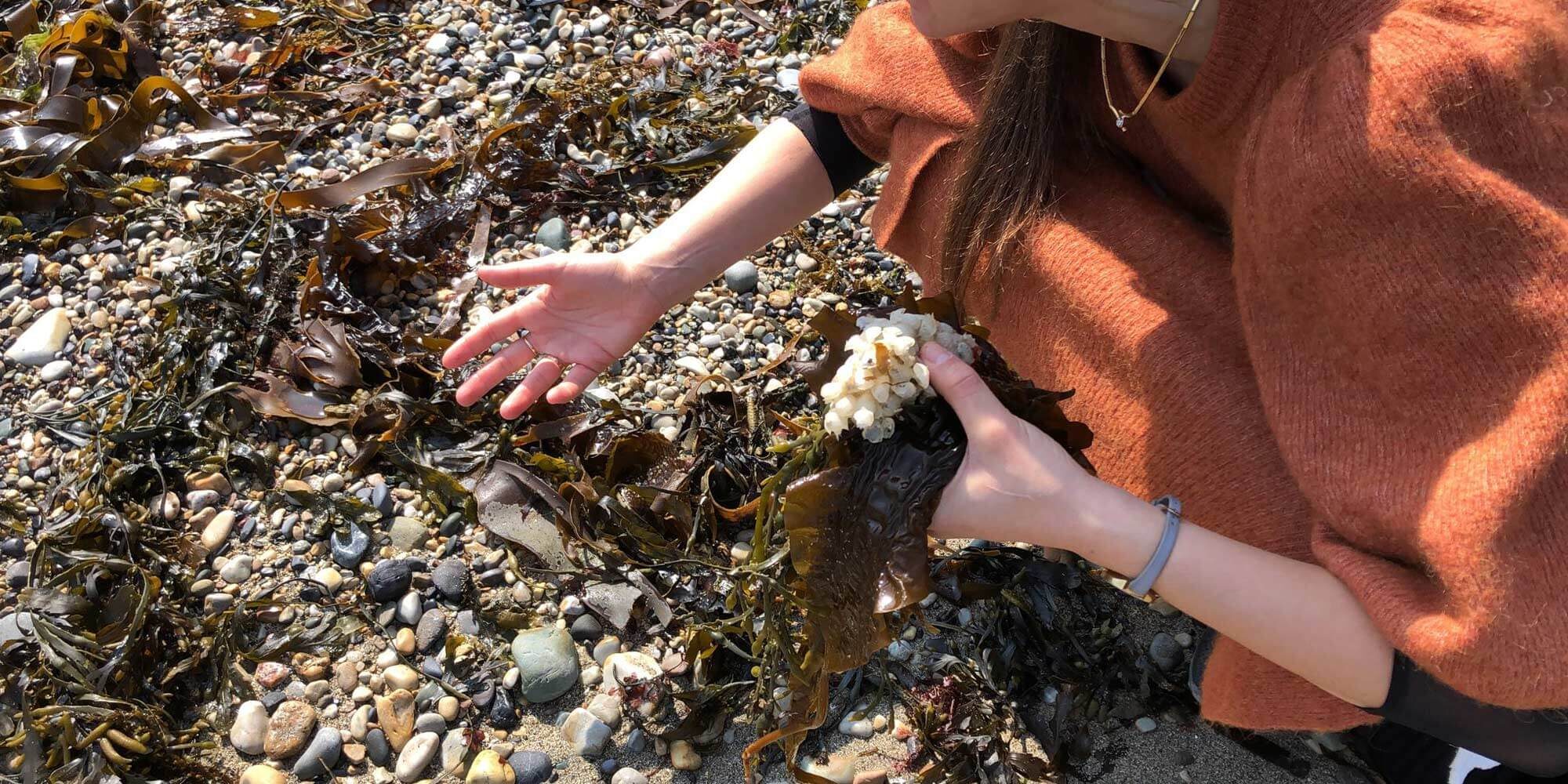
Ars Electronica Garden Edinburgh
The New Real Observatory
Exploring transformative ideas through art and AI to equip future generations to flourish on a thriving planet in the midst of surprising, joyful, and inclusive forms of intelligent life. The New Real Observatory is a complete “experiential AI” system developed with and for artists and scientists. Artworks by multiple artists present multi-sensory exploration of possible futures and investigate the entanglements of people, data, machines, and environments.

Ars Electronica Garden Nassau
Aquaterrestrial Recolonization
There are numerous scientific reports that show that coral reefs, which are critical to our planet’s ecosystem and our very existence, are under significant threat from increasing pollution and the negative effects of climate change. Aquaterrestrial Recolonization is the collaborative effort of a group of artists in the Bahamas who are proactively responding to the growing problems of climate change. They are recording the current state of the surrounding dead coral reefs and feeding an AI with this data to visualize and present a recolonized seafloor.
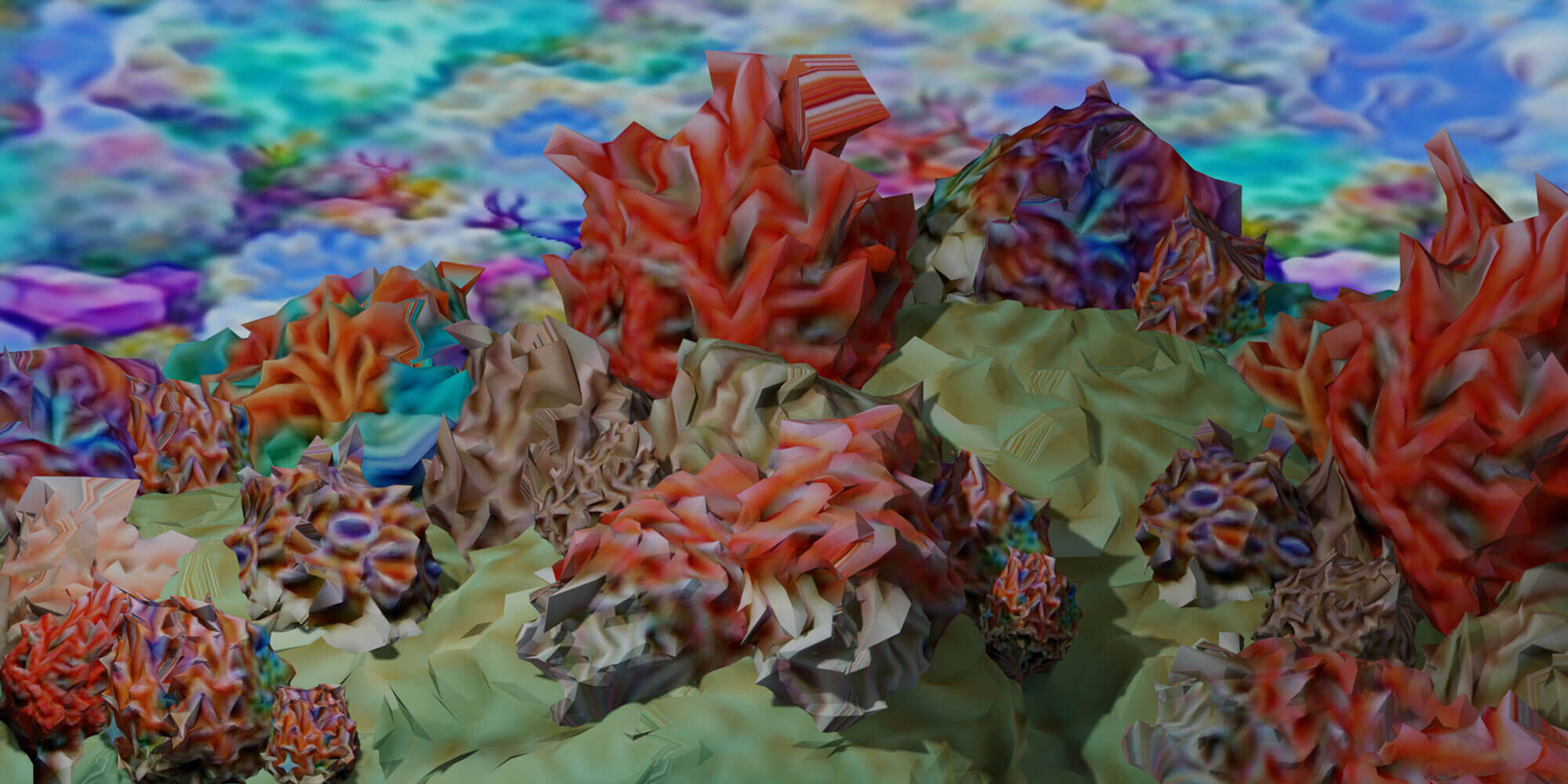
Ars Electronica Garden Tokyo
Next To Me, Next To You
To introduce Japan’s outstanding works of art to the world, the Agency for Cultural Affairs does presentations, screenings and exhibitions at overseas festivals, focusing on award-winning works including media art, online art, videos, games, animations and manga.
At Ars Electronica 2022, the winners of the 25th Japan Media Arts Festival, Shota Yamauchi and Miki Hirase, will exhibit their works with the theme “next to me, next to you,” with curator and art manager Mayumi Yamamoto as the art director.
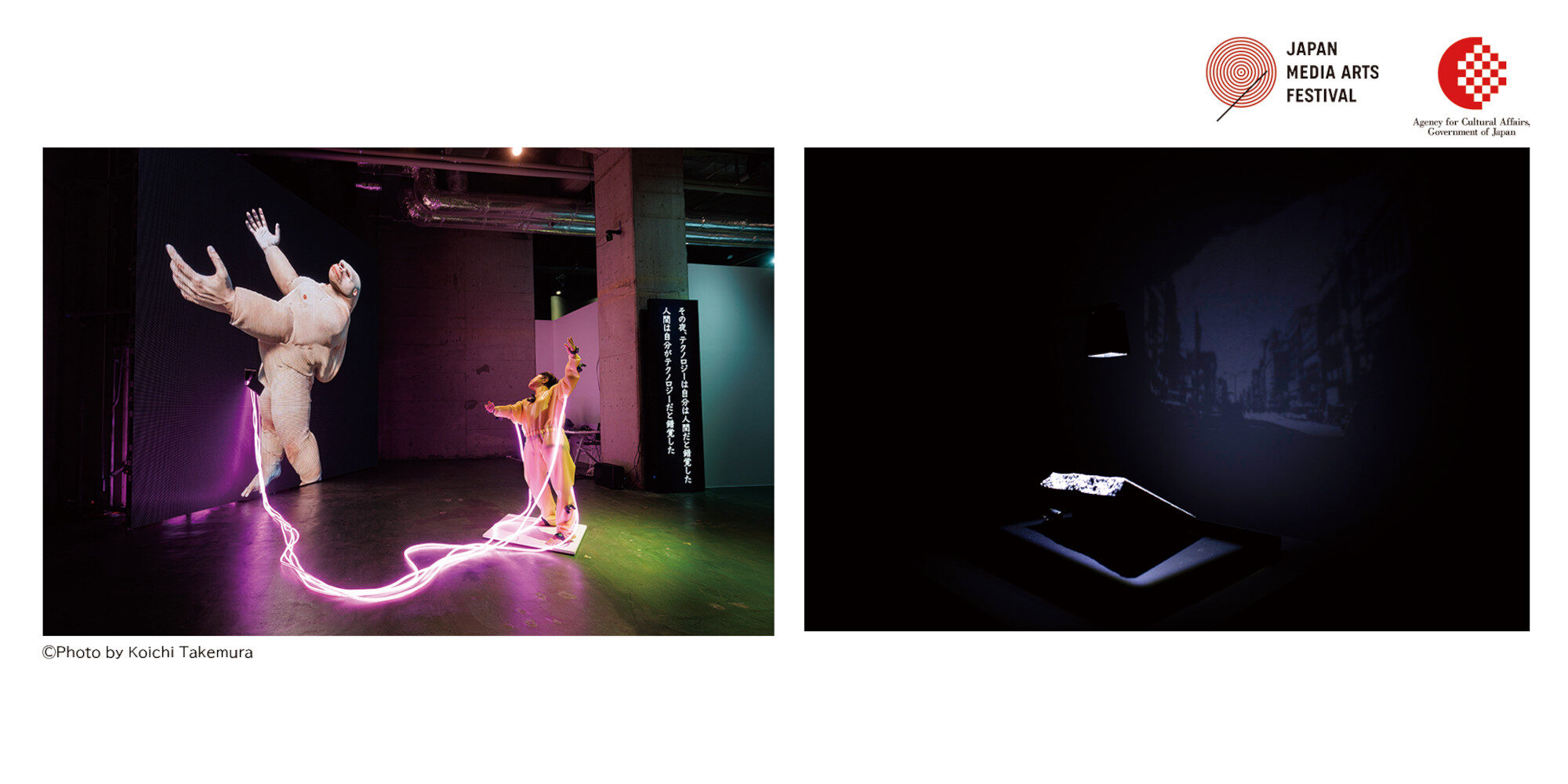
Ars Electronica Garden Vienna
The Shape of Things to Come
The works presented in The Shape of Things to Come are a collection of futuristic scenarios deriving from scientists and artists from the Vienna BioCenter (VBC), the CeMM Research Center for Molecular Medicine, the Institute of Technology Austria (ISTA) and the University of Applied Arts Vienna. This project is a heterogenous representation of how diverse experts from various fields imagine, broadly assess and influence changes in our environment in the future.
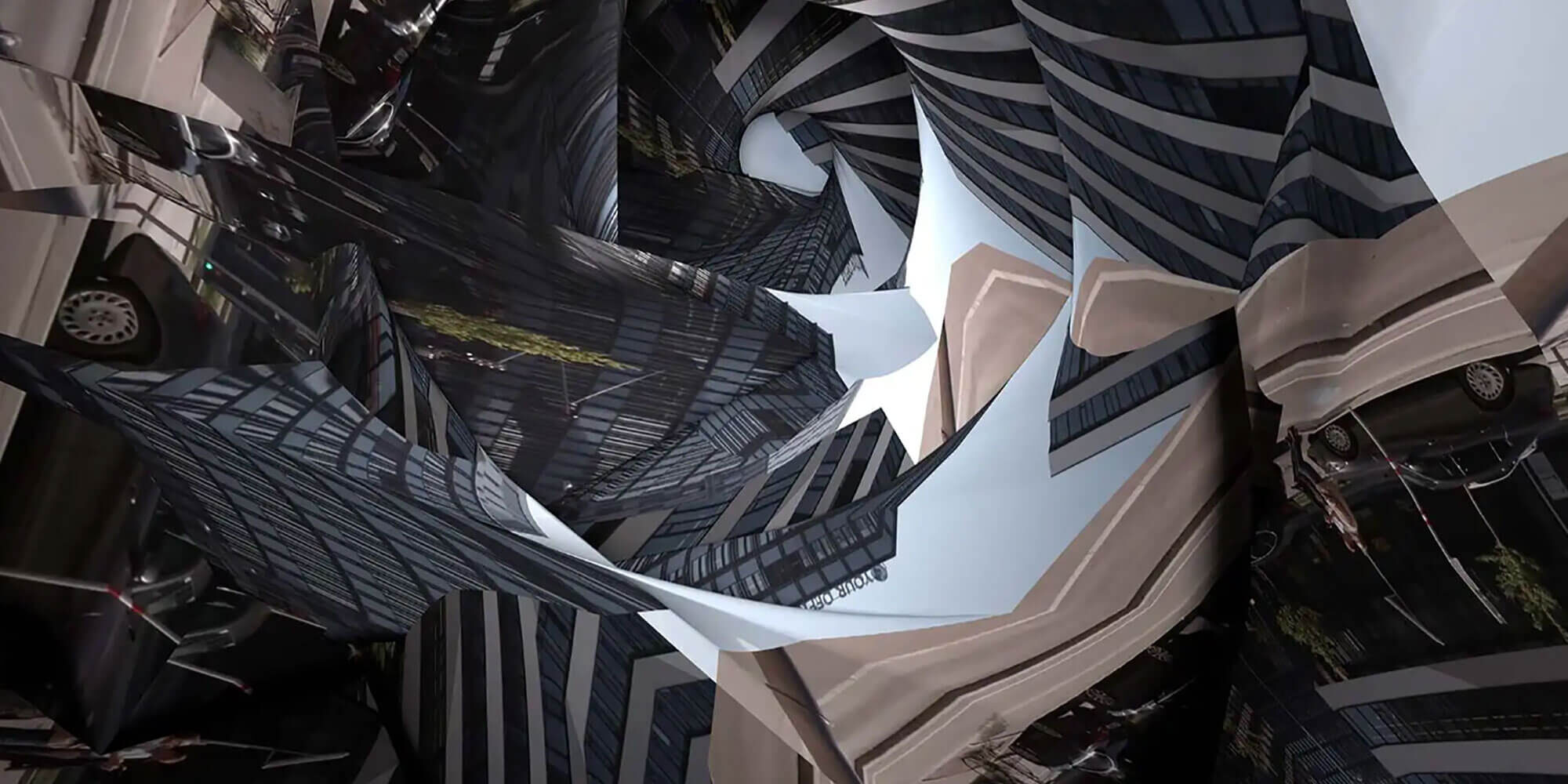
Ars Electronica Garden Utrecht
CODE 2022: Reclaiming Digital Agency
How can we influence politicians to stand up for our digital rights? What role should governments play and what can we do as concerned citizens, researchers and artists to support this process? CODE aims to bring together artists, politicians, policy makers and researchers from Germany, Belgium and the Netherlands to engage in dialogue, critical discussion and artistic interventions about digital rights. The goal is to influence public policy on a national and international level by raising awareness on how to improve laws and regulations that protect us as digital citizens and consumers.

Ars Electronica Garden Barcelona
Collaborative Ecosystems for a Sustainable World
As a result of the collaborative practices that characterize Catalan innovation, the Institute Ramon Llull, in collaboration with the .NewArt { foundation;} and Hac Te, presents an overview of the current state of creativity in Catalonia in the context of art at the interface with science and technology. The six artworks in this exhibition are the result of various initiatives such as the Ars Electronica Garden Barcelona 2020 and 2021, the scholarship programs of ISEA2022 Barcelona and the .NewArt { foundation;}, and interdisciplinary research projects of Hac Te, the new center for art, science and technology in Barcelona.
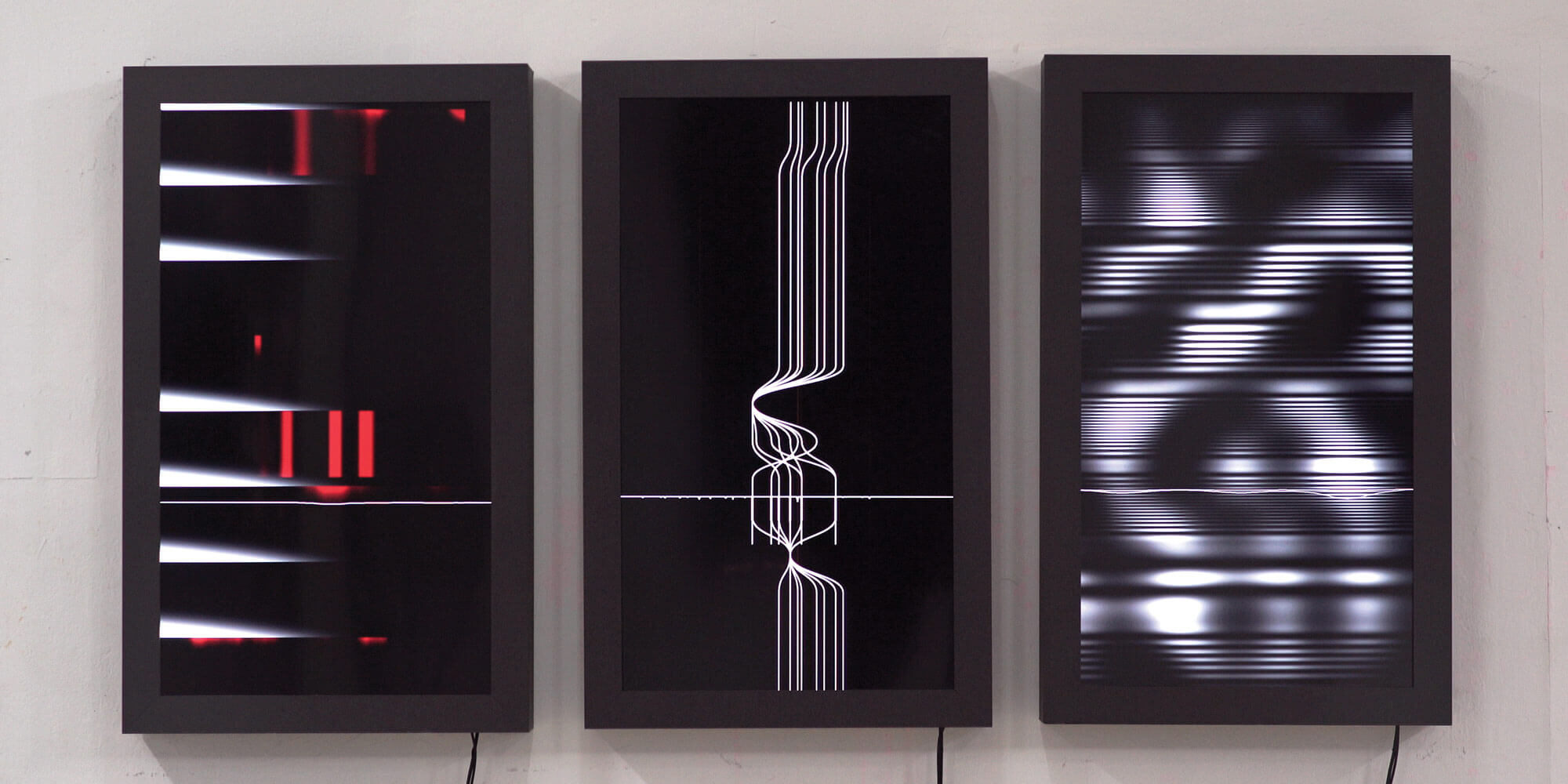
Ars Electronica Garden Taipei
Humanity Island — Data to be Continued
A global epidemic and climate change have led to numerous changes in the way we live. Issues of anthropocentrism and environmental sustainability have sparked widespread public reflection. Taiwan’s media artists are addressing these issues and inviting everyone to think about how humans will survive in the future. The theme “Humanity Island – Data to be Continued” reflects Taiwan’s island character and cultural heritage, using the common language of art to speak to the world.
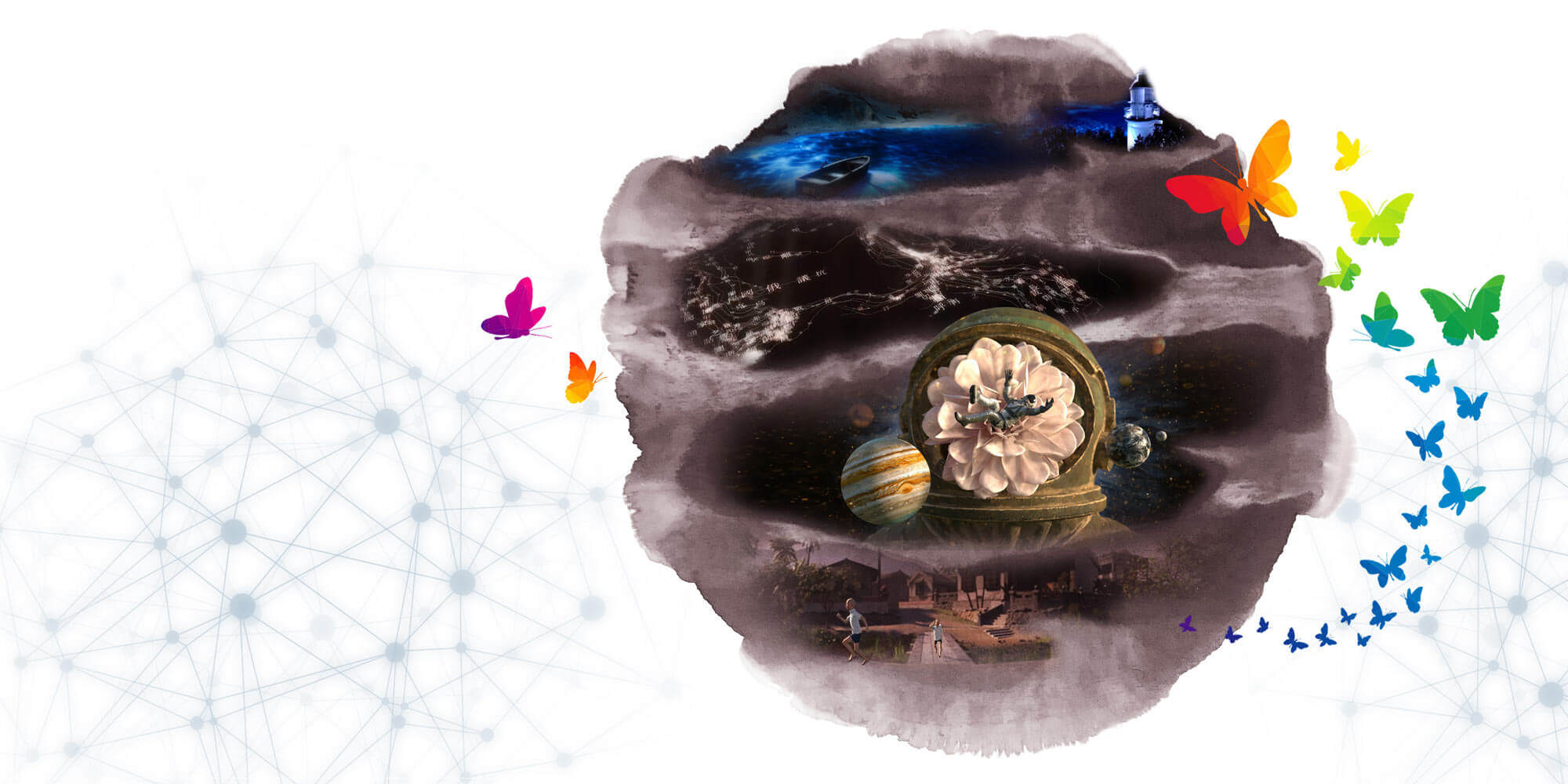
The Ars Electronica Gardens exhibition is part of the program for the 2022 Ars Electronica Festival, details of which can be found here.
